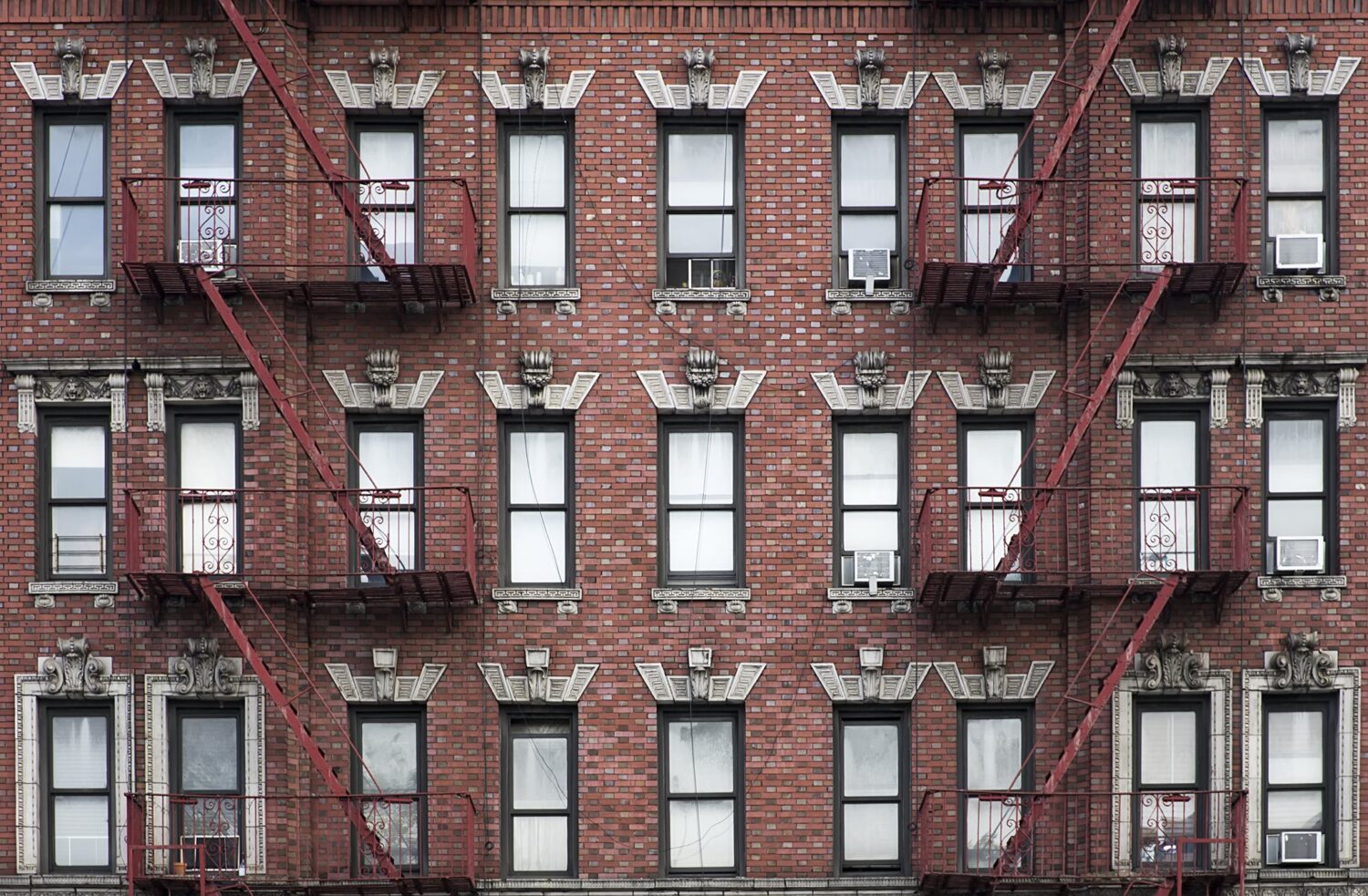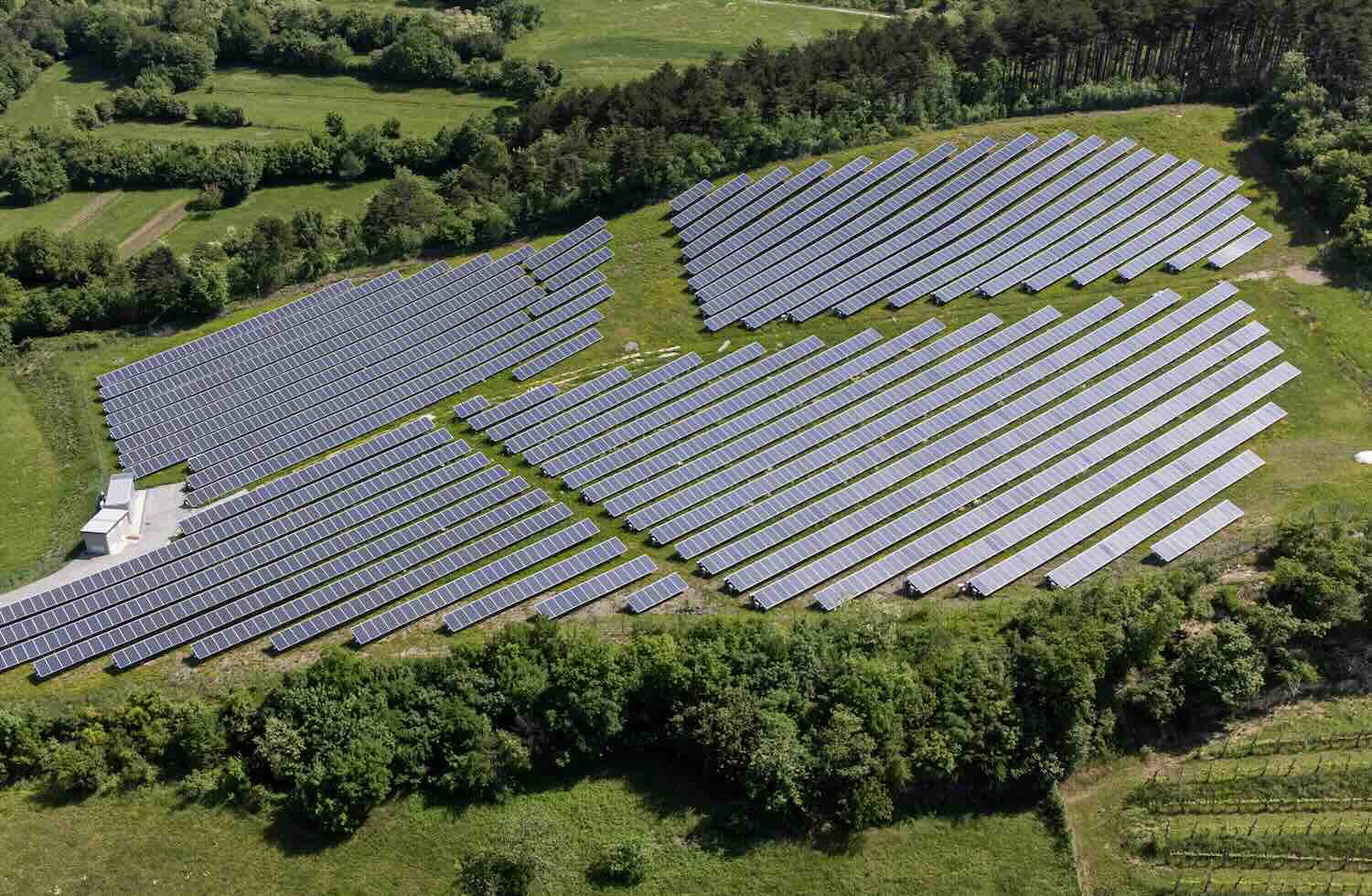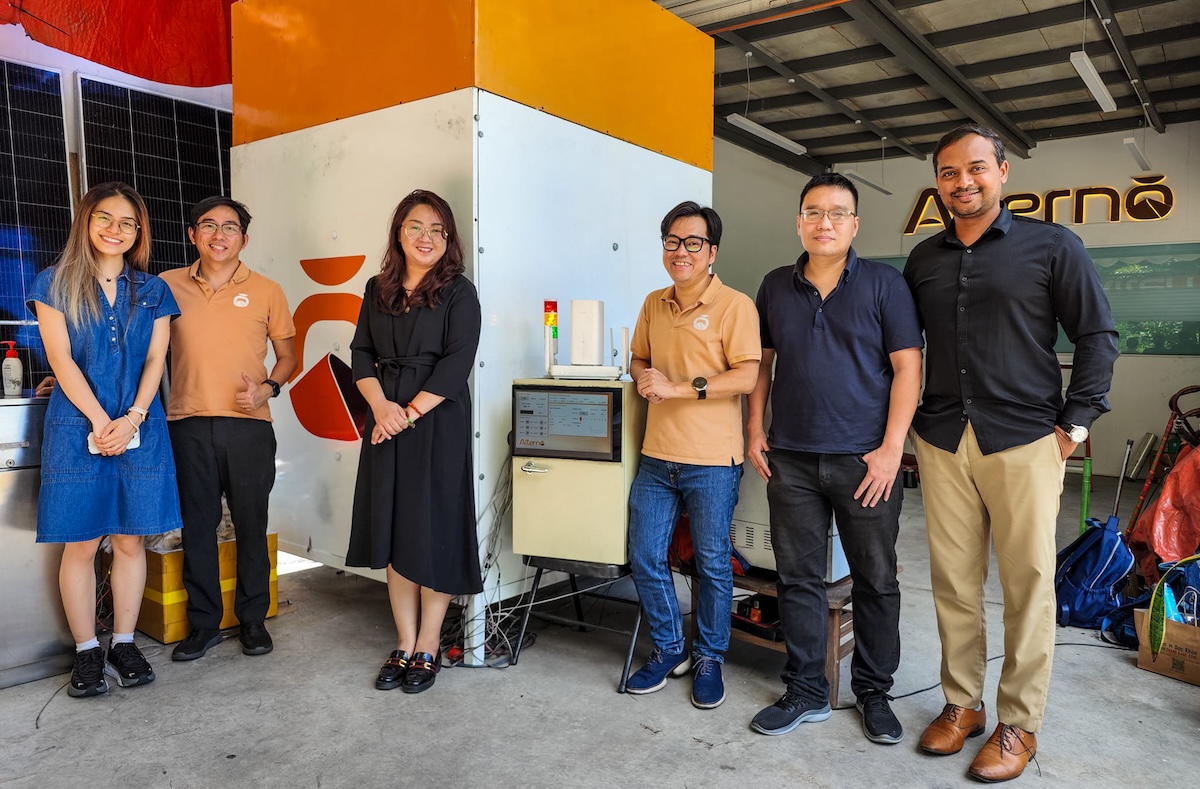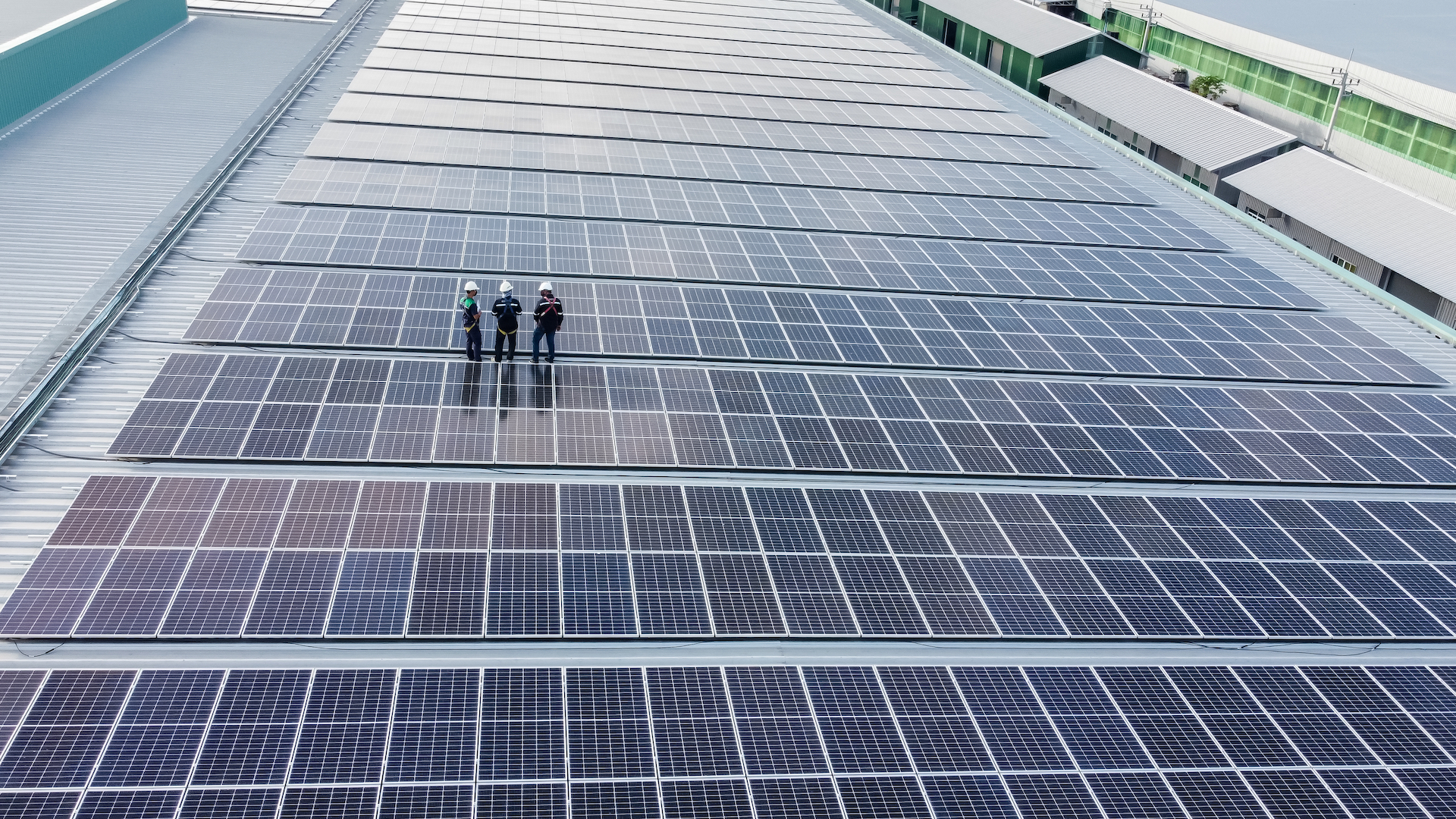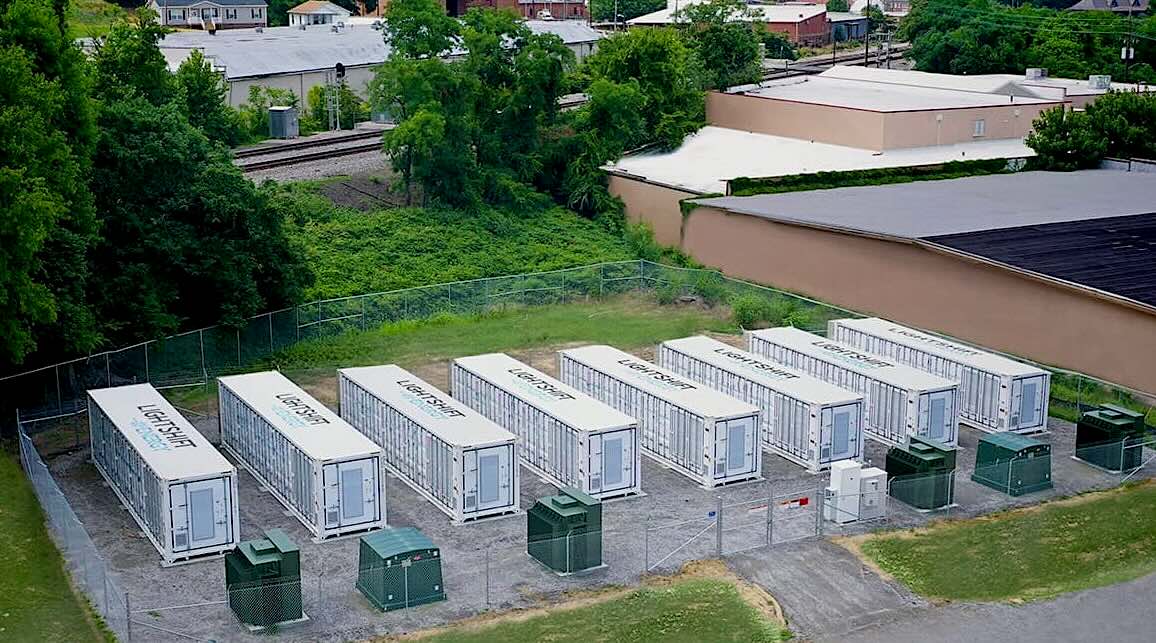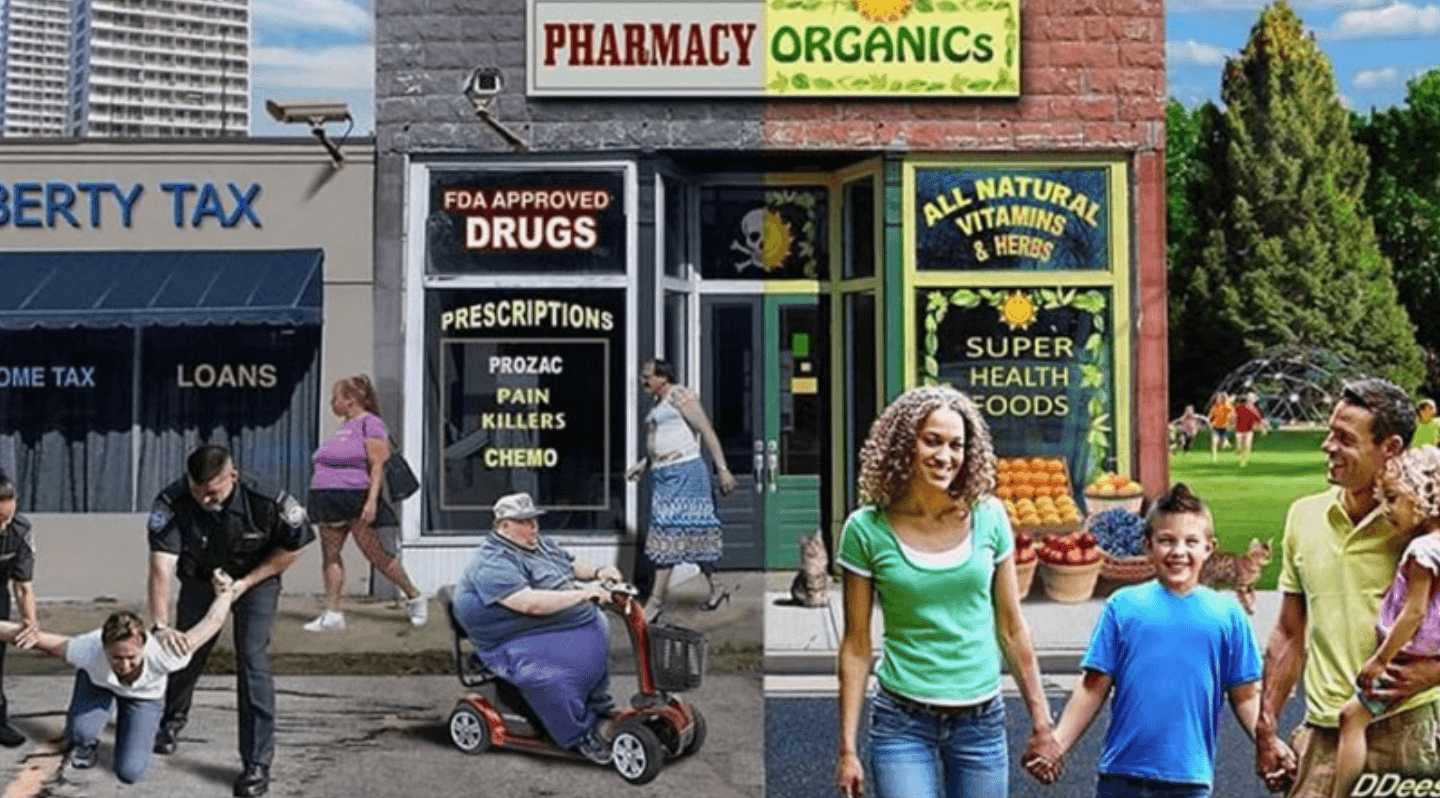ImpactAlpha, March 1 — Brooklyn-based climate tech venture BlocPower has raised $154 million in debt and equity funding to partner with municipalities in the U.S. for large-scale building electrification and decarbonization, especially in low-income and underserved communities and communities of color.
“Our thesis is that low-income and financially underserved communities in cities led by Black and Hispanic mayors are going to lead the climate revolution and the baton must be and should be handed off to a much more diverse range of climate stakeholders,” BlocPower’s Donnel Baird told ImpactAlpha. “Just look at the city of New Orleans, Houston, New York. These are Black-led cities that are on the frontlines of the climate crisis.”
Last week, the Biden-Harris administration announced plans to deploy $550 million in grants from the Inflation Reduction for environmental justice investments in disadvantaged communities most impacted by pollution.
BlocPower’s investment round includes over $24 million in Series B corporate equity from VoLo Earth Ventures, Microsoft Climate Innovation Fund, Credit Suisse, Builders Vision, New York State Ventures, Kapor Capital, My Climate Journey and other investors. The equity portion also includes individual backers such as CNN host Van Jones and NBA player Russell WestBrook. Goldman Sachs provided the $130 million debt portion.
Local impact
In New York, BlocPower secured an initial $37 million from NYC Mayor Eric Adams to launch its civilian climate corps program. The program pays trainees $20 per hour for green jobs. Workers learn how to install heat pumps, solar panels, electric charging stations and other low-carbon, electric equipment (see, “Inside BlocPower’s mission to upskill workers and green New York City buildings (photo story”).
BlocPower secured an additional two-year, $108 million contract with the mayor last year to train up to 3,000 workers annually, especially in New York communities with a high risk of gun violence. The company has opened two new training facilities in Brooklyn and the Bronx to upskill clean energy workers. BlocPower is hoping such partnerships will serve as demonstrations “that inspire other cities around the world on what’s possible,” Baird said.
Baird went to Davos last year to share the good news of how to implement citywide clean energy projects successfully and persuade other global leaders to do the same in their own cities (for context, see, “Live-ish from Davos: Taking on the world with BlocPower and friends”).
BlocPower has raised over $250 million to install heat pumps and other building electrification projects. It has retrofitted more than 5,000 households, commercial buildings and houses of worship in low-income and underserved communities in the U.S. since 2014.
“Where we can, we try to identify loan-loss reserves to ensure that we can provide the very lowest cost of capital to customers,” said Baird. “We use those loan-loss reserves to lower the borrowing rate that we get from Wall Street.”
In New York and California, BlocPower partners with Troy, Mich.-based Kresge Foundation to guarantee loan-loss reserves (see, “BlocPower secures a $3 million guarantee from Kresge Foundation to green and electrify buildings”).
Data toolkit
BlocPower, earlier this year, announced a multi-year, nearly $490,000 contract with the city of San Jose to electrify 250 residential homes as part of BlocMaps, its software and data toolkit that helps municipalities and utilities identify which buildings are in desperate need of energy upgrades, as well as project costs, energy savings and incentives calculations.
In June last year, BlocPower formed a partnership with the city of Menlo Park to electrify at least 10 homes and buildings by 2030. Also last year, the company partnered with East Bay Community to electrify 60 low-to-moderate income single-family homes in Oakland.
“When we look at Menlo Park and San Jose, which aren’t majority minority communities,” we are starting by greening buildings in the minority part of town,” Baird said. “The Series B equity and the financing from Goldman Sachs will allow us to accelerate building decarbonization across America. We will help low-to-moderate income communities to access the benefits of President’s Biden once in a lifetime green economy investments.”

